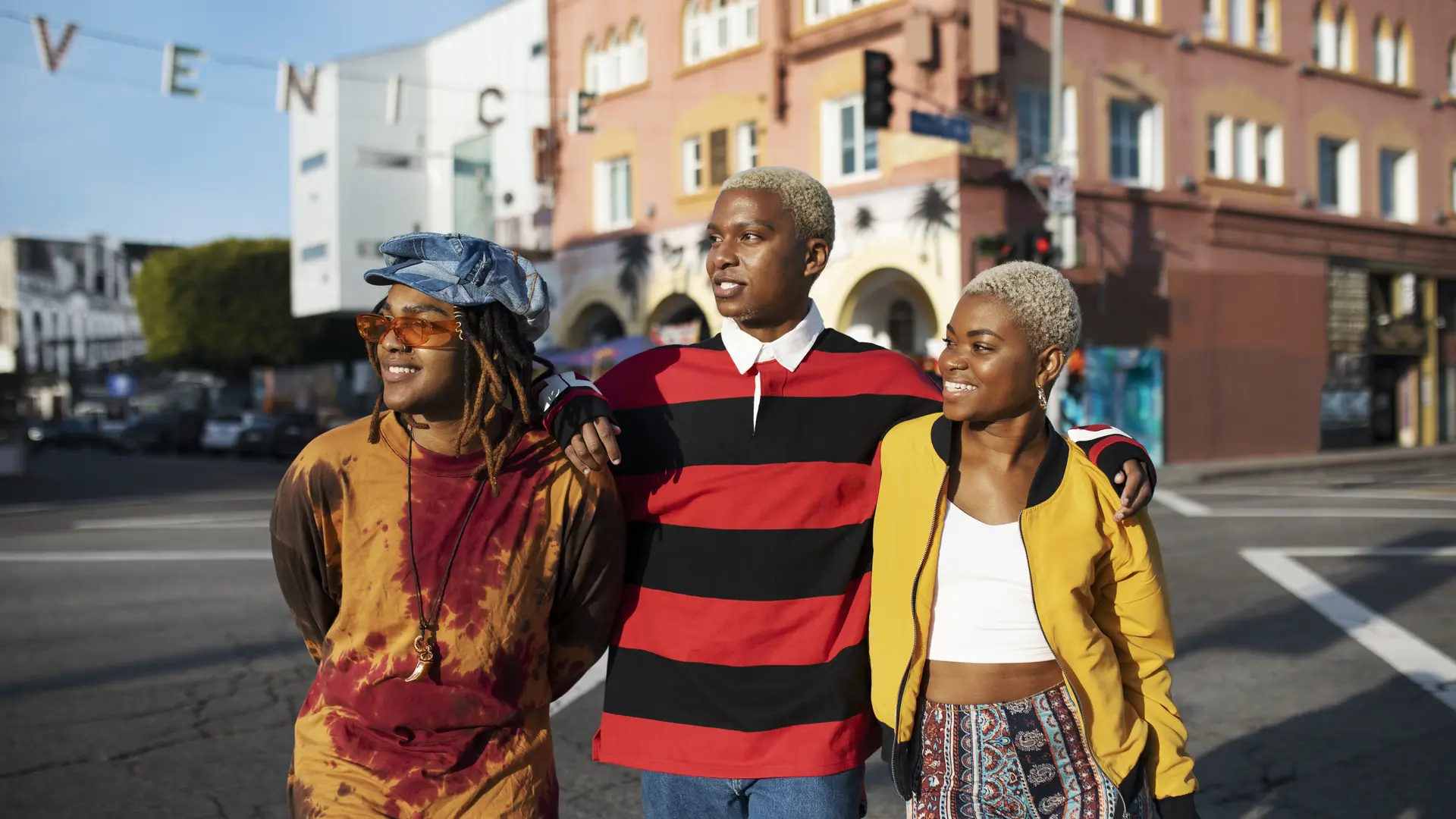
Kenyan millennials are shaping a new identity: equal parts rooted in tradition and tuned into global culture. They juggle family rituals and digital trends, navigate old and new languages, and create powerful protest movements online. Here’s how they’re redefining what it means to be Kenyan today.
In Nairobi’s Eastlands or Kibera, you’ll hear Sheng—a playful blend of English, Swahili, and local dialects. It’s spread through matatus (public buses) and their stylish drivers, creating new words daily.
Terms like nusu mkeka (half-mats, meaning disrespect) and kushikisha steam (getting drunk) are now mainstream, used in comedy, advertising, and social media. Sheng has become more than slang—it’s identity, humor, and solidarity, uniting youth across East Africa.
Kenyan millennial music is both art and activism. Genres like Genge (90s Nairobi hip-hop) and Gengetone (a newer, bass-heavy style) dominate youth culture. Artists like Jua Cali, Nonini, Wakadinali, and Ethic Entertainment mix Sheng lyrics with social commentary and danceable beats.
These sounds tell stories of city hustle, survival, and dreams—while asserting Kenyan culture on Kenyan terms.
Millennials face tensions around language and identity. Some reclaim tribal names and promote mother tongues. Others insist identity is more than fluency—it’s humility, openness, and cultural empathy.
In practice, millennials mix it all: family cooking rituals, harvest festivals, Spotify playlists, Sheng memes, and digital activism threads.
Kenyan youth have turned Twitter, TikTok, and memes into protest tools. During the 2024 finance bill protests, they rallied under hashtags like #RejectFinanceBill and #FufuaICC. They nicknamed leaders (like “Zakayo” for the President) and used humor to fuel dissent.
This activism blends tradition (communal solidarity) with modern disruption—proving that social media is Kenya’s new village square.
This generation code-switches effortlessly: English at work, Sheng with friends, Swahili at home, tribal words in ceremonies. Identity becomes layered, not singular.
Millennials are also reshaping arts and storytelling. Through blogs, spoken word, graffiti, and memes, they challenge leadership and inequality. The writivism movement fuses writing with activism.
Groups like Just a Band revived Makmende, a spoof Kenyan superhero turned viral meme—reminding youth that Kenyan humor and icons belong on the global stage.
Yet this friction sparks new creativity and resilience.
Kenyan millennials embody an identity full of color and contradictions: rooted in tradition yet plugged into global culture. They remix heritage, slang, activism, and art into something authentically Kenyan.
Being Kenyan today means blending song with slang, activism with community, tradition with pop culture. It’s messy, powerful, and alive. And it shows that identity is not static—it’s something created daily, in music, memes, and movement.